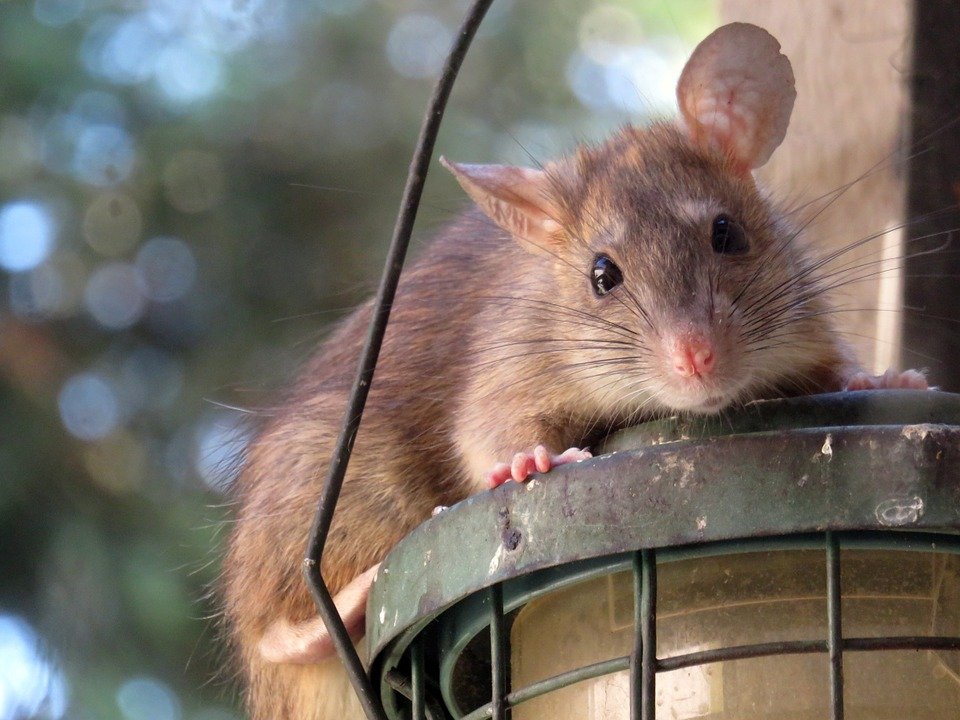Whether it’s mice, insects, or something even more unusual, discovering a pest infestation in your home is always distressing.
When it comes to rented accommodation, many people will ask if it’s really their responsibility to arrange and pay for pest control — particularly when they’re a recent tenant and there’s a strong possibility that the pest problem existed before they moved in.
In this situation, should your landlord be the one to cover the cost? Or do you automatically assume responsibility for pest problems when you sign on the dotted line?
In this blog, we look at the laws surrounding the provision of pest control for rented accommodation and lay out your rights as a tenant.
What Counts as a Pest Infestation?
Technically, there is no legal definition for what counts as a pest. Of course, this doesn’t mean you could call on the pest control professionals at Safeguard to remove your flatmate that never does their washing-up. One thing we can all agree on is that paying tenants can’t be pests (even if they’re very annoying.)
It’s generally accepted that pests are any unwanted animals or insects living in your property that have accessed it of their own accord. This typically includes small rodents such as mice, rats and squirrels, and insects such as ants, cockroaches and bedbugs.
The severity of the infestation will depend on the number you’ve seen and the amount of evidence/damage they leave in their wake. However, even if you’ve spotted just one mouse and the only damage is a half-eaten packet of digestives, it still counts as an infestation and you’re probably in need of pest control.

When is a Landlord Responsible for Pest Control?
It ultimately comes down to two things — did the infestation exist prior to your move-in date, and is it caused by disrepair in the property?
Furnished accommodation has to be provided in a state that is “fit to live in.” This means clean, in good repair and free from pests. If a landlord fails to uphold this in any area, you are entitled to pest control and repairs paid for by them.
It’s a sad fact that there are unscrupulous landlords out there who will go to any lengths to avoid having to shell out for repairs and replacements. This of course includes withholding information about your property that could cause pest problems and even pose a risk to your health. This can make it difficult to ascertain exactly when infestations began.
To protect yourself against charges, we would highly recommend that you undertake a thorough inspection of the property on the day you move in (in addition to comprehensive checks during viewings). Take extensive notes and photographs and send them all to your landlord or agency representative on the same day so that you can’t be accused of causing any existing damage.
If you notice any signs of disrepair that could provide access for pests, or is likely to have been caused by pests (this is particularly important in the case of things like chewed wiring), your landlord is obligated to carry out the works needed in good time.
When is a Tenant Responsible for Pest Control?
As a tenant, you have an obligation to ensure that the property is kept clean and is not subjected to undue damage. Daily wear and tear such as small scuffs or worn carpeting should not count as property damage and if your landlord tries to treat it as such by withholding your deposit, you are legally entitled to dispute it.
Pest problems that are caused by you failing to properly dispose of rubbish, leaving windows and doors open and damaging the property are ultimately your responsibility. In this case, you should seek advice from a pest control company who will be able to help you manage the infestation.
You can of course, also take action yourself by setting traps, laying out poison and cutting off access to your home and potential pest food sources.

Can You Get Pest Control from the Council?
It’s important to note that regardless of who is at fault for the infestation, your local council has no obligation to provide pest control services to tenants of private landlords, registered social landlords (RSLs) or housing associations, even if you receive council tax benefit or housing benefits.
If you have approached your landlord and requested repairs that have not been carried out, you can contact your council’s pest control service who will undertake an investigation into the circumstances of the infestation. If your landlord is deemed at fault, the council will request they carry out the necessary work. Whether or not your landlord agrees to this will be dependent on the terms in your tenancy agreement, so be sure to read this thoroughly beforehand.
We hope this overview has been helpful to you and you now feel better equipped to handle pest problems in your rented accommodation.
If you have any further questions, would like advice, or need to procure pest control services, please get in touch with the team at Safeguard who will be happy to help.


